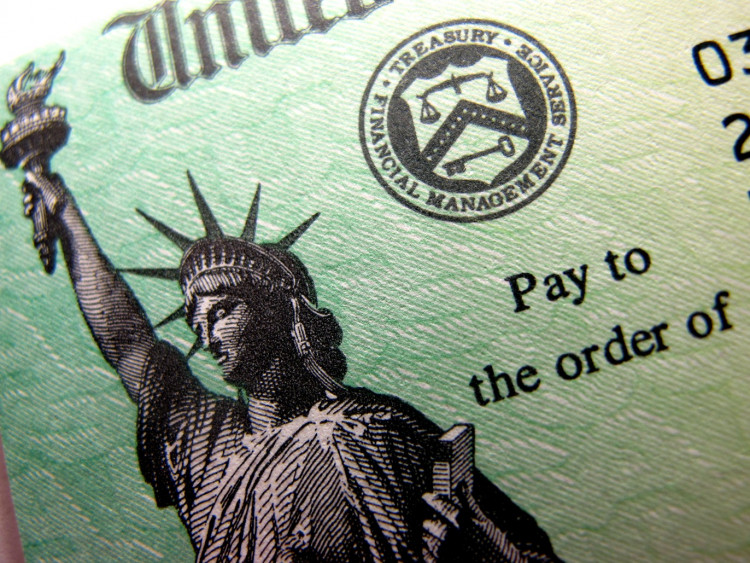Many Americans struggle to meet their daily needs and manage their budgets, even though inflation has begun to moderate. Although federal stimulus cheques have not been sent since 2021, individuals anticipating a new wave should temper their expectations after January 3.
The Ascent claimed those ready for another round of stimulus checks would likely need to brace for the potential that it could become irrelevant when the 117th Congress is sworn in in early January. Even though Democrats presently dominate the House of Representatives and have a tie-breaking majority in the Senate thanks to vice president Kamala Harris' vote, this will not be the case in 2023.
Republicans seized control of the House in the 2022 Midterm Elections with 222 seats to the Democrats' 213. Democrats maintain the majority in the Senate with 50 members to 49, and whether they win an additional seat or revert to a 50/50 majority will depend on the outcome of the special run-off election between Sen. Raphael Warnock and his Republican opponent, Herschel Walker, in Georgia.
This is significant in terms of stimulus funding, as Republicans unitedly rejected President Biden's American Rescue Plan, which provided Americans with a third and final $1,400 stimulus check, following two payments of $1,200 and $600 by former U.S. President Trump in 2020.
The likelihood of a fourth stimulus check is likely to be extinguished before it is even considered, given that Republicans are likely to oppose additional spending out of concern that it will only contribute to a rise in inflation and that few politicians will likely cross the partisan divide to support any other policies the Biden Administration and Democrats have.
Polls indicate that as many as 63% of Americans would be pleased to get another check, so this news will certainly be unwelcome.
Despite inflation beginning to moderate, with mortgage rates falling to 6.49 percent for the third consecutive week and petrol prices averaging $3.42 per gallon, not everything has become cheaper. In October, the Consumer Price Index experienced the same 0.4% increase across the board as in September, while the Producer Price Index rose 0.2%.






